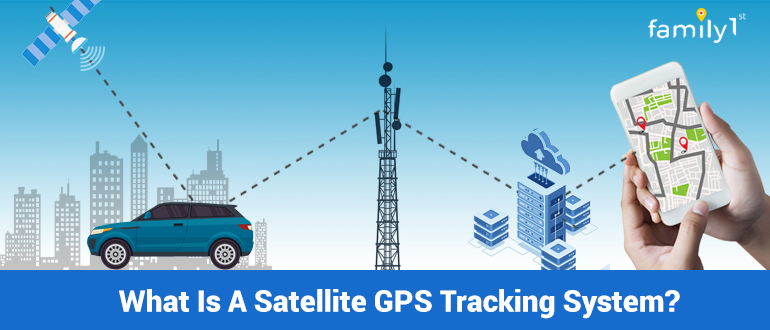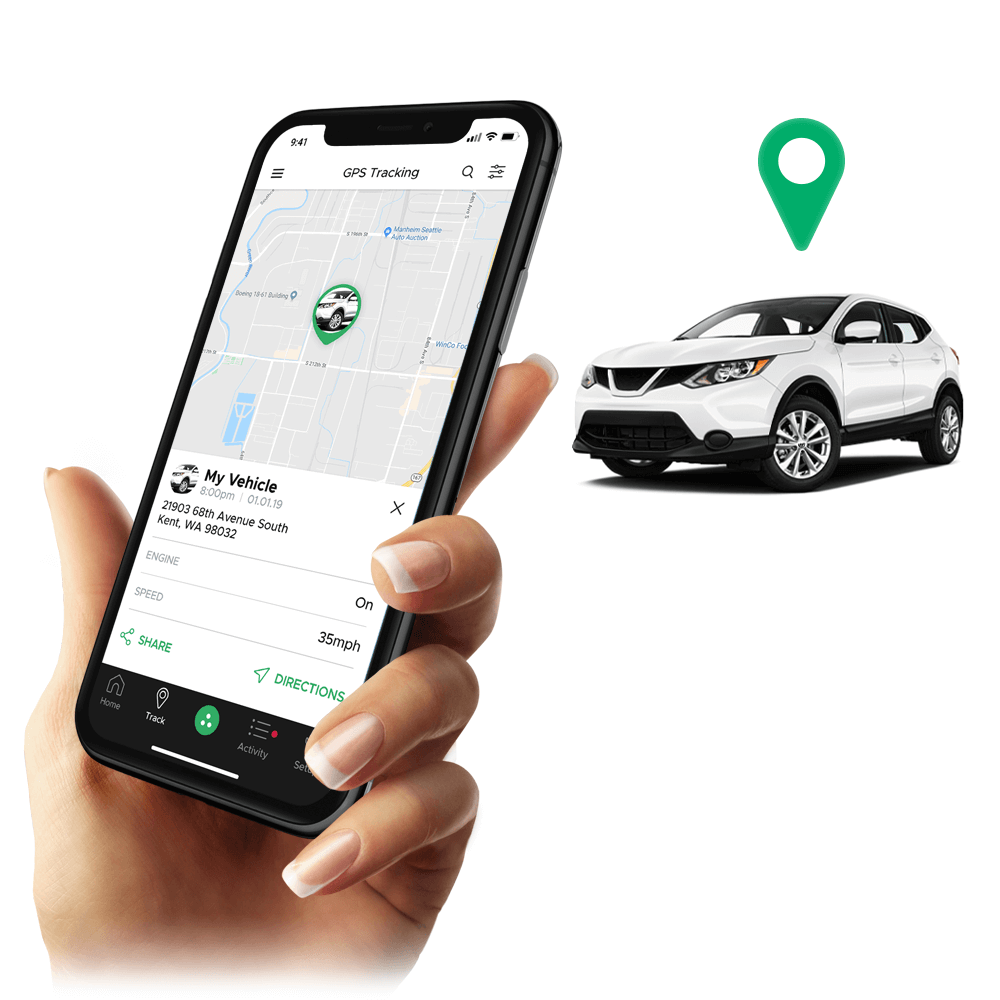Advanced GPS Tracking Equipments: Keeping Your Properties Protect
Advanced GPS Tracking Equipments: Keeping Your Properties Protect
Blog Article
Maximizing Effectiveness With GPS Monitoring: Methods for Fleet Management and Possession Surveillance
In the realm of fleet administration and asset tracking, the use of General practitioner monitoring systems has actually become a keystone for improving functional performance and efficiency. As we discover the different techniques and techniques to make best use of efficiency with GPS tracking, a world of opportunities opens up to redefine just how organizations manage their fleets and monitor their possessions.
Applying Real-Time Tracking Solutions
To maximize operational efficiency, companies can execute real-time radar that provide prompt place data for their assets. By using GPS innovation, companies can obtain real-time understandings right into the location of their vehicles, devices, and various other valuable sources. This degree of exposure allows companies to enhance procedures, boost productivity, and enhance general performance.
Real-time monitoring systems supply various benefits for business across different sectors. With the ability to check properties continually, organizations can maximize routing, schedule upkeep better, and reduce the threat of theft or loss. These systems allow organizations to react immediately to any kind of unanticipated occasions or disturbances, making certain marginal downtime and maximum efficiency.
Implementing real-time monitoring systems needs cautious planning and consideration of specific business requirements. Business have to select the best technology service provider, customize the system to satisfy their demands, and offer ample training to staff members. By buying real-time tracking services, businesses can remain in advance of the competitors, supply exceptional customer care, and achieve lasting development in today's fast-paced market atmosphere.
Maximizing Route Planning and Organizing

One trick approach for enhancing path planning is to make use of historical information and real-time info to identify one of the most efficient courses for automobiles. By evaluating previous paths and considering variables such as web traffic patterns and delivery home windows, services can create timetables that decrease unneeded stops and hold-ups. In addition, implementing vibrant routing abilities enables adjustments to be made in real-time based on transforming problems, guaranteeing that vehicle drivers always take the most reliable course to their location.
Enhancing Driver Performance and Security
Enhancing motorist performance and security is vital in making certain the smooth and protected procedure of a fleet. By utilizing GPS tracking modern technology, fleet managers can keep track of chauffeur behavior in real-time and provide prompt responses to promote safe driving practices. This consists of surveillance speed limits, rough stopping, acceleration patterns, and adherence to website traffic guidelines.
Moreover, general practitioner monitoring systems can help in recognizing chauffeurs that might need added training or assistance to enhance their efficiency more info here (gps tracking). By assessing information on driving behaviors and patterns, fleet managers can implement targeted training programs to attend to certain areas of improvement. This aggressive method not only boosts general driver efficiency yet additionally adds to a much safer workplace for everybody entailed
Along with performance tracking, general practitioner radar can also improve motorist safety and security by offering emergency situation support attributes. In case of a crash or malfunction, chauffeurs can promptly send call for help, permitting fleet managers to react without delay and dispatch help when needed. In general, incorporating GPS tracking technology into fleet administration approaches is essential for optimizing driver efficiency and guaranteeing the safety and security of both assets and vehicle drivers.

Making Use Of Geofencing for Improved Safety And Security
Making best use of fleet safety and security exceeds monitoring vehicle driver performance and security; one efficient approach is with the tactical usage of geofencing innovation. Geofencing enables fleet managers to establish digital boundaries or geozones around particular locations, allowing them to obtain real-time alerts when automobiles get in or exit these marked areas. By establishing geofences around risky locations such as building and construction websites, unauthorized locations, or perhaps client locations, fleet managers can boost safety actions and minimize potential risks.
Geofencing not only enhances security however also allows fast response times in situation of unapproved lorry use or theft. In the event of a violation, notifies can be sent out to fleet supervisors, allowing them to take instant action to recuperate the car and locate. In addition, geofencing can help in keeping track of car activity throughout off-hours, ensuring that lorries are not being utilized for unauthorized objectives.
Incorporating GPS Data for Strategic Decision-Making
Utilizing GPS information assimilation is vital for notified critical decision-making in fleet monitoring operations. address By incorporating GPS information right into fleet monitoring systems, businesses can gain valuable insights right into their procedures, resulting in more efficient paths, boosted vehicle driver actions, and much better total performance. Through the integration of GPS information, fleet supervisors can track vehicle areas in real-time, screen fuel consumption, and examine vehicle driver efficiency metrics such as rate, idling time, and harsh braking.
Moreover, integrating GPS data permits the optimization of paths based on traffic problems, climate patterns, and other outside factors, aiding to decrease delivery times and functional expenses. By examining historic GPS information, fleet supervisors can identify fads, patterns, and areas for enhancement, allowing them to make data-driven decisions that boost productivity and streamline procedures.
Final Thought
Finally, the application of general practitioner monitoring systems can significantly improve performance in fleet management and asset tracking. By utilizing real-time tracking, enhancing course planning, improving chauffeur efficiency, utilizing geofencing for protection, and integrating GPS data for tactical decision-making, organizations can achieve and improve operations expense financial savings (gps tracking). These approaches make it possible for companies to improve procedures, increase efficiency, and inevitably optimize the total effectiveness of their procedures
In the world of fleet administration and property monitoring, the use of GPS tracking systems has actually come to be a keystone for enhancing functional effectiveness and performance. why not look here As we explore the numerous methods and methods to take full advantage of effectiveness with General practitioner monitoring, a globe of possibilities opens up to redefine just how companies handle their fleets and check their assets.
By utilizing General practitioner tracking technology, fleet supervisors can keep an eye on motorist habits in real-time and give prompt responses to promote risk-free driving techniques. Via the assimilation of GPS information, fleet supervisors can track vehicle areas in real-time, screen fuel consumption, and evaluate driver performance metrics such as speed, idling time, and extreme braking.
In conclusion, the implementation of GPS monitoring systems can substantially boost performance in fleet monitoring and asset monitoring.
Report this page